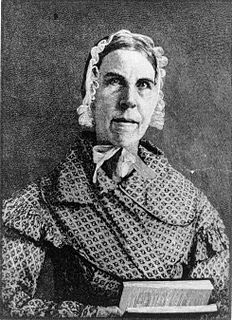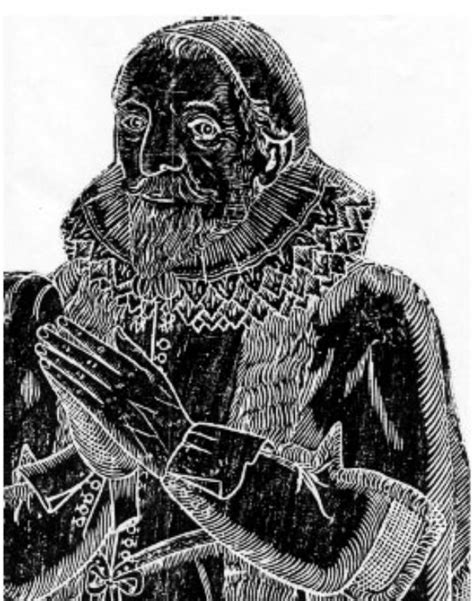A Quote by Timothy Keller
Most churches make the mistake of selecting as leaders the confident, the competent, and the successful. But what you most need in a leader is someone who has been broken by the knowledge of his or her sin, and even greater knowledge of Jesus' costly grace
Related Quotes
She began now to comprehend that he was exactly the man who, in disposition and talents, would most suit her. His understanding and temper, though unlike her own, would have answered all her wishes. It was an union that must have been to the advantage of both: by her ease and liveliness, his mind might have been softened, his manners improved; and from his judgement, information, and knowledge of the world, she must have received benefit of greater importance.
I feel that all knowledge should be in the free-trade zone. Your knowledge, my knowledge, everybody's knowledge should be made use of. I think people who refuse to use other people's knowledge are making a big mistake. Those who refuse to share their knowledge with other people are making a great mistake, because we need it all. I don't have any problem about ideas I got from other people. If I find them useful, I'll just ease them right in and make them my own.
Every woman deserves a man that can make her heart forget that it was ever broken. Even if these have been broken to pieces to me,this represents a person who gave me a complete,flawless heart. I don't need someone who makes my heart whole. Instead, I need someone who will never let me feel broken. This is a good sign, having a broken heart. It means we have tried for something.
To create guilt, all that you need is a very simple thing: start calling mistakes, errors - sins. They are simply mistakes, human. Now, if somebody commits a mistake in mathematics - two plus two, and he concludes it makes five - you don`t say he has committed a sin. He is unalert, he is not paying attention to what he is doing. He is unprepared, he has not done his homework. He is certainly committing a mistake, but a mistake is not a sin. It can be corrected. A mistake does not make him feel guilty. At the most it makes him feel foolish.
Jesus came to reveal God to us. He is the defining word on God—on what the heart of God is truly like, on what God is up to in the world, and on what God is up to in your life. An intimate encounter with Jesus is the most transforming experience of human existence. To know him as he is, is to come home. To have his life, joy, love, and presence cannot be compared. A true knowledge of Jesus is our greatest need and our greatest happiness. To be mistaken about him is the saddest mistake of all.
But all the while, there was one thing we most needed even from the start, and certainly will need from here on out into the New Jerusalem: the ability to take our freedom seriously and act on it, to live not in fear of mistakes but in the knowledge that no mistake can hold a candle to the love that draws us home. My repentance, accordingly, is not so much for my failings but for the two-bit attitude toward them by which I made them more sovereign than grace. Grace - the imperative to hear the music, not just listen for errors - makes all infirmities occasions of glory.
We have heard of a Society for the Diffusion of Useful Knowledge. It is said that knowledge is power, and the like. Methinks there is equal need of a Society for the Diffusion of Useful Ignorance, what we will call Beautiful Knowledge, a knowledge useful in a higher sense: for what is most of our boasted so-called knowledge but a conceit that we know something, which robs us of the advantage of our actual ignorance? What we call knowledge is often our positive ignorance; ignorance our negative knowledge.
Even those who have desired to work out a completely positive philosophy have been philosophers only to the extent that, at the same time, they have refused the right to install themselves in absolute knowledge. They taught not this knowledge, but its becoming in us, not the absolute but, at most, our absolute relation to it, as Kierkegaard said. What makes a philosopher is the movement which leads back without ceasing from knowledge to ignorance, from ignorance to knowledge, and a kind of rest in this movement.
In order to succeed we need leaders of inspired idealism, leaders to whom are granted great visions, who dream greatly and strive to make their dreams come true; who can kindle the people with the fire from their own burning souls. The leader for the time being, whoever he may be, is but an instrument, to be used until broken and then to be cast aside; and if he is worth his salt he will care no more when he is broken than a soldier cares when he is sent where his life is forfeit in order that the victory may be won.

































